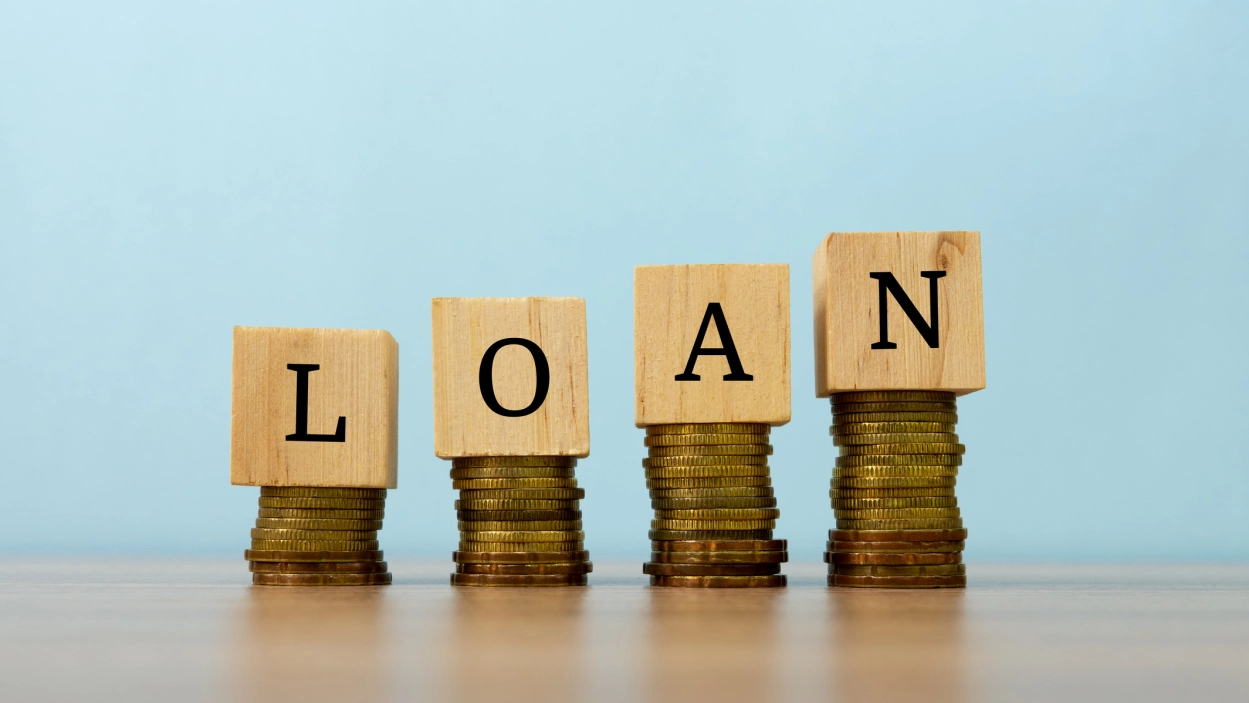If you have a loan or if you are thinking about getting one soon and you want to pay less interest, there are some things you can do to reduce the total amount you pay by reducing the interest that is paid. Keep these things in mind when applying for and paying back loans.
What Is a Consumer Loan?
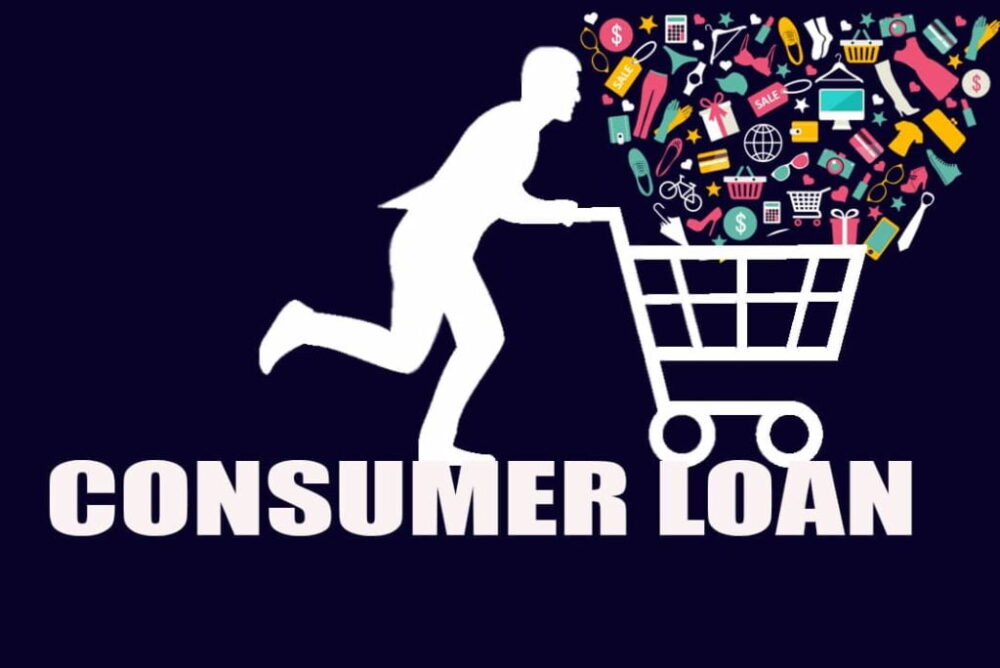
Source: paisekagyan.com
Loans given to consumers for specific expenditures are called consumer loans. Creditors make consumer loans to consumers in a number of ways. Unsecured loans are loans that are not backed by the assets of the borrower (fronted by the borrower’s own assets).
Loans backed by collateral (assets that cover the loan in the case of the borrower’s default) are known as secured consumer loans. In general, secured loans allow borrowers to borrow larger amounts and repay them over a longer timeframe. Having assets supporting the loan reduces the lender’s risk. Should the borrower default, the lender could take possession of collateralized assets and liquidate them to repay the debt.
An unsecured loan is a loan without collateral. It is common for unsecured loans to be given to borrowers at a higher interest rate, with a shorter repayment period, and a limited amount of financing. Due to the lack of asset backing, the lender takes on increased risks. A defaulted borrower may not be able to repay their loan, for instance.
Borrowers using open-end consumer loans, also known as revolving credit, can use them to make any purchases but must repay the loan before a specified date, plus interest. Loans with open ends are typically unsecured. A consumer is charged interest if he or she is unable to pay off the loan in full by the due date.
Open-end loans for consumers include credit cards. Using a credit card allows consumers to make purchases, but they have to pay back any outstanding balance at the end of the month. Credit cards charge interest until the outstanding amount is paid off if the consumer does not settle the outstanding amount on the card.
Installment credit, also known as closed-end consumer loans, is a type of credit used to finance a specific purchase. When a consumer takes a closed-end loan, they will make equal monthly payments over a period of time. A secured loan is one of these types of loans. An asset that was used as collateral can be seized by the lender if a consumer is unable to pay the installment amounts.
What Is Loan Interest?
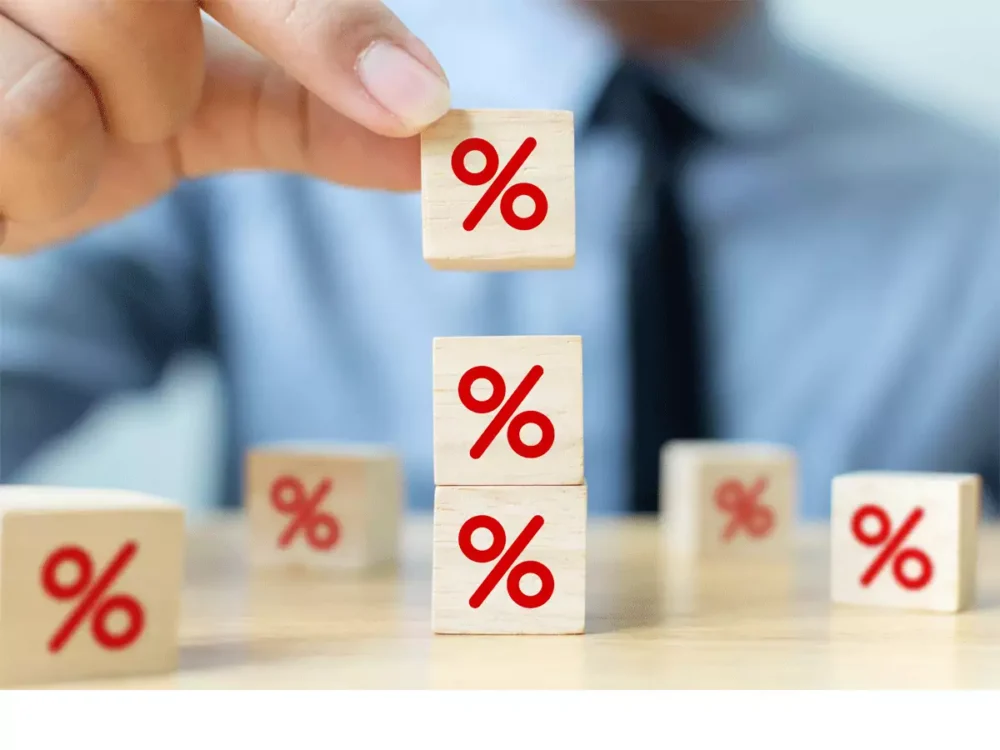
Source: m.economictimes.com
In the world of debt, interest is the price. There is no right or wrong way to view this situation. Borrowing money means taking on debt and paying interest. Your money becomes credit when you allow someone else to use it (for example, a bank). Typically, annual rates are quoted for payments or receipts, but this isn’t required. Typically, annual rates are quoted for payments or receipts, but this isn’t required.
Additional repayments need to be made above the original loan balance or deposit to cover interest costs. It is likely that you will end up repaying a lender more than you borrowed because interest is applied. As a result, lenders make money by charging interest on loans.
It is necessary to repay what you borrow when you borrow money. You also need to repay more than you borrowed and take the lender’s risk for lending to you. A lender will charge you more interest if they perceive you as a risky borrower and you want to borrow money for a long period of time.
Consider a Credit Union
Comparing small banks and credit unions with larger banks, the latter may offer lower interest rates. Your local credit union may offer low-interest loans if you qualify. Credit unions require members to be members, so if you live in a specific area or work for a specific company, you will be eligible for a loan.
You can save significant amounts of money over time if you take the time to compare mortgage rates from different local banks. A bank’s website will tell you what interest rates it is currently offering.
Make Payments More Often
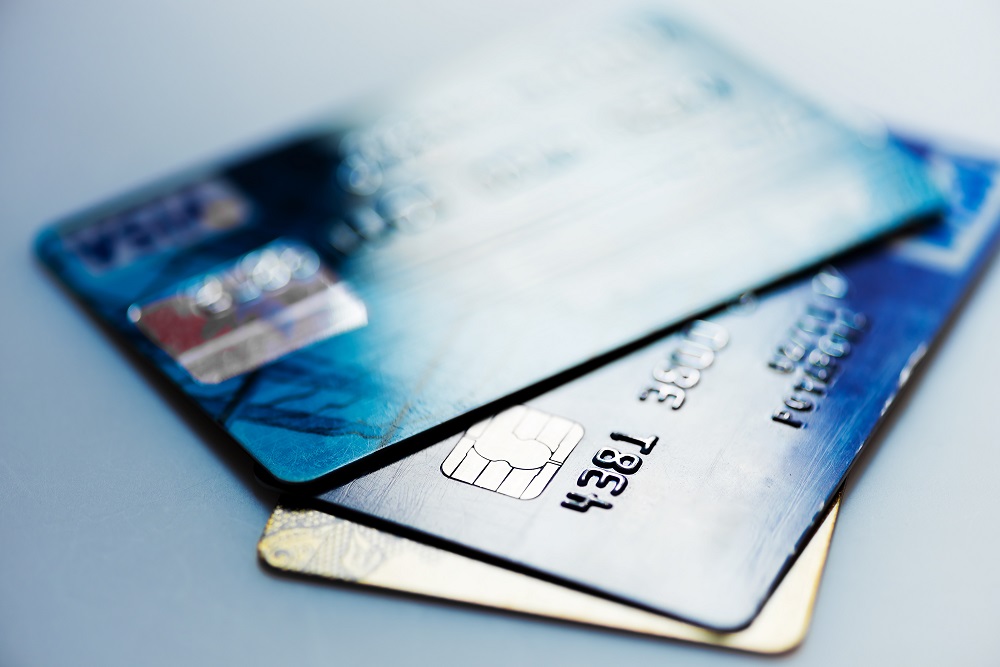
Rather than making 12 payments every year, opt for a biweekly schedule. In this case, you will be paying approximately the same amount each month, but one extra payment will be made at the end of the year. The reason for this is that there are 52 weeks in a year, which means you will have to pay 26 biweekly.
The equivalent of 24 biweekly payments would be 24 monthly payments. It adds up quickly when you make an extra payment every year. While hardly noticing any difference in your ongoing payments, you’ll pay off your loan quicker and save on interest.
Consider a Balance Transfer Credit Card
Balance transfer cards might work for you if you’re nearing the end of your loan term. Some lenders allow you to refinance this type of debt of up to 24 months. It is possible to save a substantial amount on interest payments by planning your payments in advance and repaying your debt within the credit card’s terms.
You may also be able to use your credit card when you are finished paying on the loan as a means of spending in the future. Certain balance transfer cards may only offer 0% interest rates on transferred balances and not on new purchases. As soon as the promotional period ends, find out what your regular interest rate will be.
Pay Off Your Loan Early
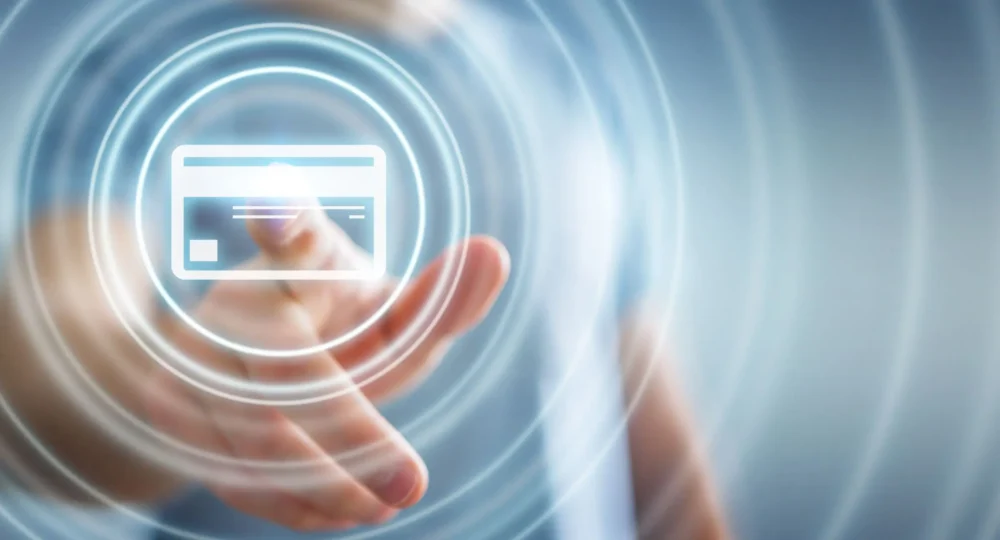
Source: rightstartmortgage.com
When you take out a personal loan, you agree to a repayment term length. A loan that is repaid before the agreed term is considered early repayment. You may be charged fees by some lenders if repaying early, but many lenders do not. A lump sum payment could be budgeted if your lender does not impose penalties for early repayment. Depending on how early you repay your loan, it may be possible to significantly reduce your interest payments.
Opt For Automatic Payments
A lower interest rate may be possible if you set up automatic payments. A personal loan, car loan, or mortgage can be financed this way. You don’t have to worry about making your monthly payment each month, and the bank likes it because it makes it easier to get their money on time. Ensure that your current loans meet this requirement. You can save money to ensure the lower interest applies by asking about the lower interest and following up to ensure it applies. Credit cards do not usually accept it, but installment loans can. This option may even be available for student loan repayment.
Try a New Bank

Source: ask.careers
Through your account with a bank, it may be possible to get lower mortgage or car loan rates. Consider switching banks if you are considering a bigger type of loan, switching banks may be worth the savings. In addition to using a lender, you can benefit from their expertise in finding the best mortgage terms.
This option may be available through a mortgage broker. The fact that you decide to do all of your banking at one bank can also simplify things if you switch accounts. In addition, you can keep a separate account for your loan payments there only on a monthly basis. Be careful not to pay any unnecessary fees on the checking account if there are any limits on activity or balances.
Consolidate When Possible
Credit cards, which have higher interest rates, can be consolidated into a low interest personal loan if possible. Because you pay less interest each month on these loans, you will be able to pay them off sooner. If you follow two basic guidelines, it could be beneficial for you. Start by putting an end to your credit card usage.
Continuing to be in debt on a monthly basis does not make sense when you borrow the money. A second thing you should avoid is tying a refinancing loan to your home through a home equity line or a second mortgage. In the future, if the debts are not paid, the home may be at risk.
Don’t rush into a consolidation loan without shopping around first. Saving money is possible with this method. Also, ensure that you will not use your card again in the future before stopping. It might be a good idea to not use them for a little white before taking out a consolidation loan so you are no longer accustomed to them.
Work on Your Credit Score
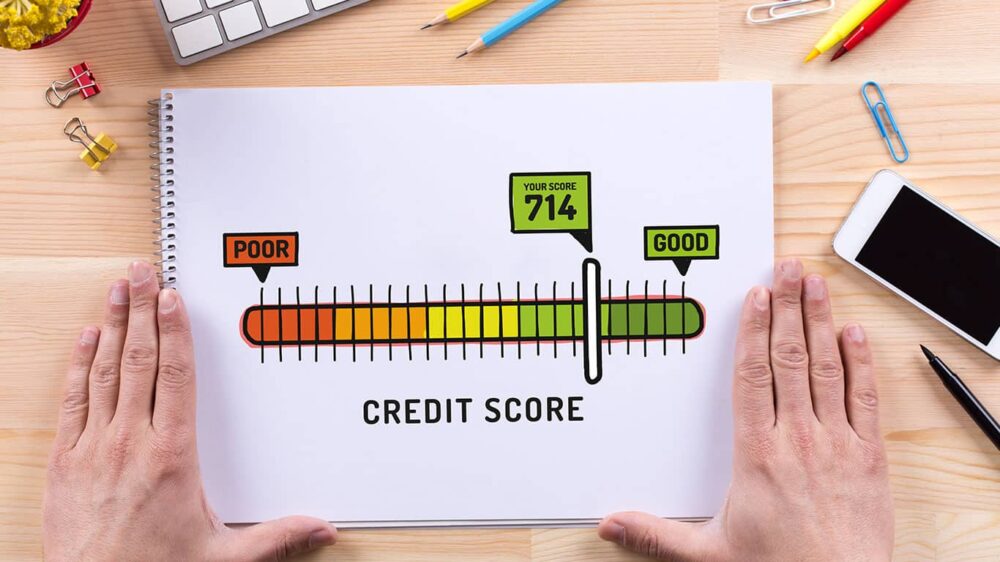
Source: debt.com
Credit scores that are excellent can help you obtain an interest rate that is lower. Your credit score cannot be magically raised overnight with a simple solution. In order to get the best interest rate, you should manage it carefully from the start. Even if your credit score isn’t as high as you’d like, you can enhance it. You can also get a low interest loan through billigsteforbrukslån.com/forbrukslån-lav-rente to improve your credit.
Getting caught up on utility and credit card payments is the first step.
You can also lower your current credit debt. A high credit utilization rate can negatively affect the credit score of you. When closing credit cards older than 3 years, your score may also be affected, so be careful. It is a good idea to raise your credit score before embarking on applying in the next year.
Conclusion
In the event that you’ve raised your credit score, in conjunction with your credit history, you should call your current creditors and ask for a reduction in interest rates, particularly credit cards and other companies that offer variable rate loans. The interest paid can be lowered with no need to obtain new credit.


